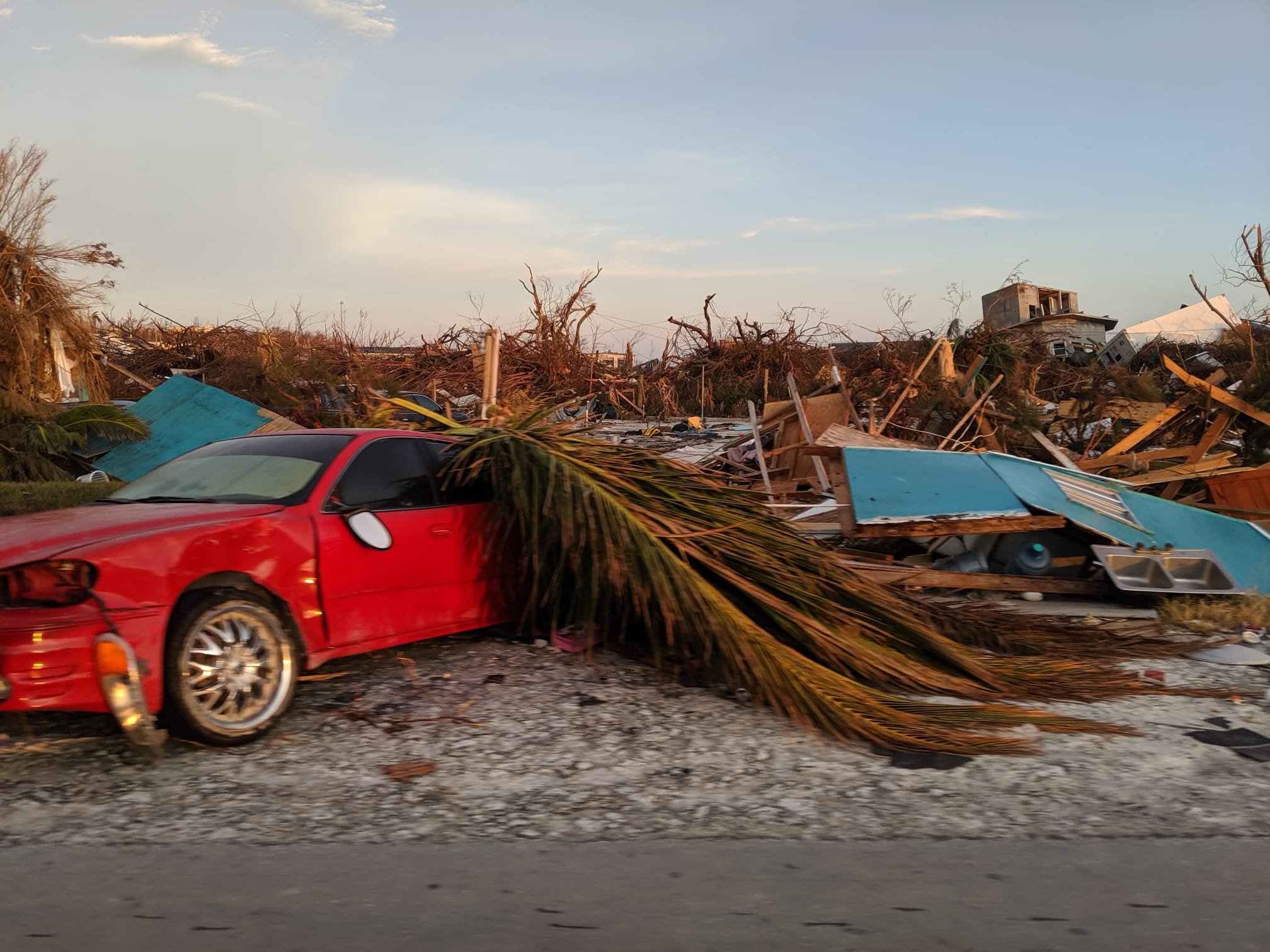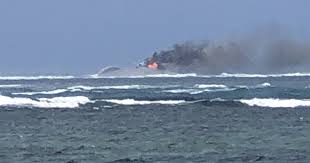by Tusi Tasla, Staff Writer
The creation of a Pacific Response Group (PRG) emerged as a key outcome from the ninth South Pacific Defence Ministers Meeting (SPDMM), which concluded in Auckland on Thursday.
The three-day meeting was hosted by New Zealand, with participation from Chile, France, Fiji, Australia, and Tonga as member nations. The United Kingdom, United States and even Japan attended as observers although China wasn’t invited.
According to the SPDMM joint communique, members reaffirmed their commitment to improving their collective ability to respond to climate-related disasters, meet the rising demand for prompt and effective humanitarian assistance and disaster relief, address maritime security issues like illegal fishing and transnational crime within their extensive exclusive economic zones, and confront cyber threats alongside other agencies.
They determined that the PRG would serve as a regional resource, enabling more effective co-deployments in a region increasingly prone to disasters when requested.
New Zealand’s Defence Minister Judith Collins noted that 17 outcomes were agreed upon, including the establishment of the PRG, which would involve militaries from all member countries except Chile. This group will train together and be deployed to assist in humanitarian crises in the region as needed by affected states.
Collins emphasized that the meeting concluded with a renewed commitment to various aspects of regional security, aiding in the coordination of responses to cyclones, volcanic activity, and climate change issues. She stressed the importance of clarity in roles to avoid duplication of efforts.
While the decision to seek assistance will rest with sovereign Pacific Island nations, the response will also be supported by the Pacific Islands Forum.
Australia’s Defence Minister Richard Marles explained that a small advance coordinating unit will be established in Brisbane, including representatives from the South Pacific defense ministers meeting, with Chile as an observer. He noted that countries sometimes struggle with overwhelming offers of help, necessitating effective coordination from the outset, which the PRG aims to provide.
Marles articulated the need for the region to have an efficient military community, given the relatively small population responsible for a significant global area. He described the PRG as a crucial step towards achieving that efficiency.
Although this was the ninth SPDMM, it marked the first invitation to PNG and the Pacific Islands Forum secretary general. PIF secretary general Baron Waqa highlighted the importance of prioritizing “peace and stability in the region,” expressing concerns over the arms race between China and the US, and stating that the geopolitical tensions present in the region are unwelcome.
Collins acknowledged the growing complexities of regional dynamics, remarking on the strategic challenges facing their neighborhood.



